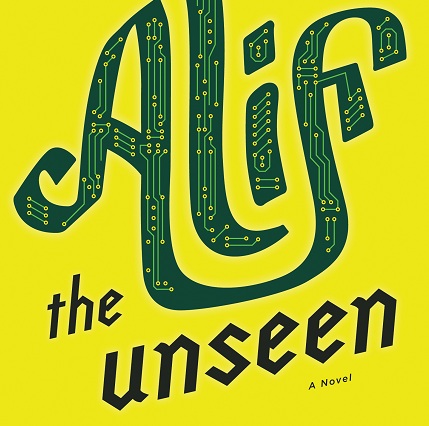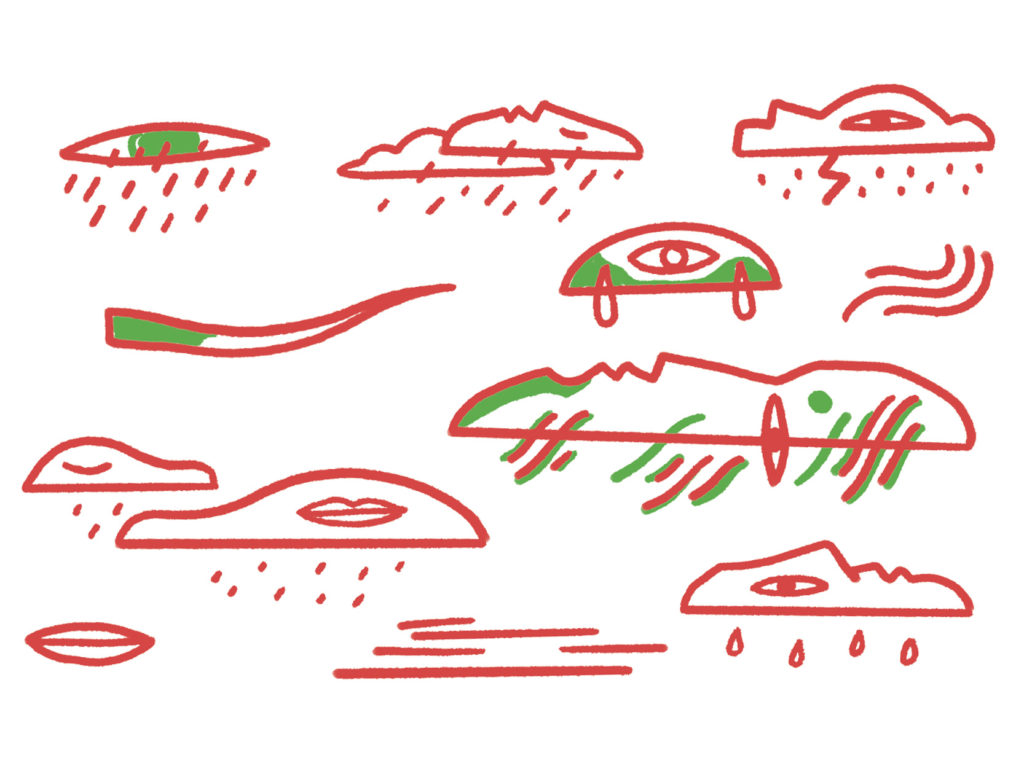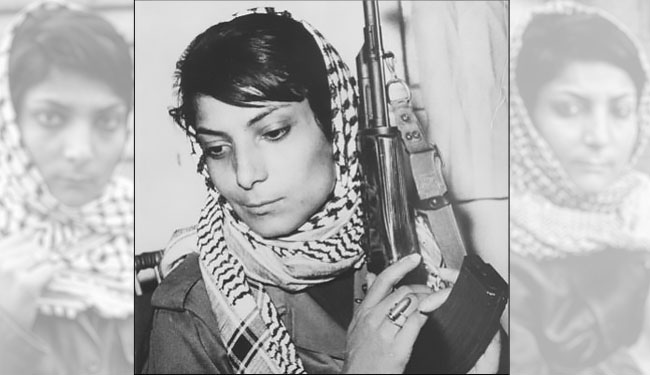A new novel, written just before the Arab Spring, tells the story of a hacker turned revolutionary.

July 20, 2012
Alif the Unseen, the fiction debut from graphic novelist G. Willow Wilson, is the story of an Arab-Indian programmer who leads an uprising in an unnamed Middle Eastern security state. Does it sound familiar? It should. Wilson had just finished drafting her novel when uprisings rose up across North Africa and the Middle East—and on Twitter. As newspapers began to report uprisings in the Middle East, Wilson’s agent called her and told her to send whatever she had—this was when they were going to sell her book. Wilson was nine months pregnant at the time and refers fondly to February 2011 as a time of births: the birth of her daughter, the birth of the uprising, and the birth of her novel.
On Tuesday, at powerHouse Arena, Wilson read from her new book. The crowd—an eclectic mix of comic-book fans, Islam scholars, and literature lovers—fell silent as she read. Her voice deepened and took on light accents to accompany her characters.
The story has been important to Wilson for a long time. She has lived extensively in Egypt. She moved to Cairo after graduating from Boston University to teach English, while contemplating a conversion to Islam. She knew that her students were very comfortable with technology, but whenever she brought up the subject Stateside, the usual response was, “They have Facebook in the Middle East? I thought they had camels there.” With a foresight that the world now recognizes, Wilson drafted a world that would use computers to overthrow regimes and that was both real and fictional—an unnamed place in the Middle East and one that is clearly founded upon Wilson’s love for and experiences in Egypt.
The Excerpt: “The air was thick and oily, like the exhalation of some great machine. It invaded rather than relieved the lungs and, in combination with the heat, produced an instinctive panic. Intisar once told him that the City takes her inhabitants and tries to suffocate them.”
The Crowd: Wilson is known for her comic books and for her articles on Islam—and the crowd reflected this. Comic books fans discussed the recent Comic Con while waiting for Wilson’s entrance and there were more than a few hijabs.
The Venue: The gargantuan space was bare. White, square pillars and shelves of books broke up an expanse of gray, cracked floor, and the audience sat in rows of church-like pews that were clustered around two chairs and a microphone. A large, modern chandelier cast a small glow but proved mostly decorative, especially at seven o’clock in the evening, when the large windows were still letting in sunlight.
Alif the Unseen is out this month from Grove/Atlantic Press.



